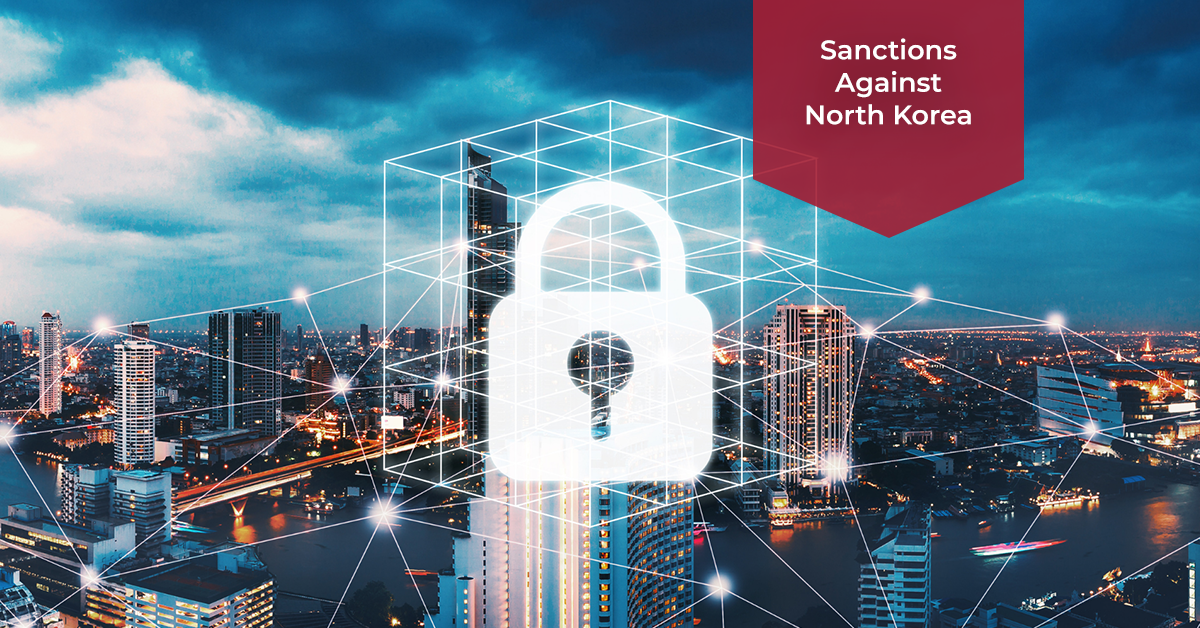
Sanctions Against North Korea
Sanctions have been a crucial tool used by various countries and transnational associations to address the nuclear munitions program and other destabilizing conditioning of North Korea. This composition will give an overview of the sanctions charged by the European Union
(EU), United Nations (UN), Japan and South Korea against North Korea.
EU Sanctions
The EU has been laboriously involved in assessing sanctions on North Korea. These sanctions are aimed at obliging North Korea to abandon its nuclear munitions program and engage in peaceful accommodations. The EU has enforced colorful measures, including trade restrictions, asset freezes, and trip bans, targeting individualities and realities involved in North Korea’s nuclear and ballistic bullet programs. The EU’s sanctions are part of its broader sweats to promote peace and stability in the Korean Peninsula and uphold transnational morals and non-proliferation commitments.
UN Sanctions
The UN Security Council has espoused several judgments assessing sanctions on North Korea in response to its nuclear tests and bullet launches. These judgments aim to circumscribe North Korea’s access to finances, technology, and resources that could be used to foster its nuclear munitions program. The warrants include measures similar as arms vetoes, trade restrictions, asset freezes, and trip bans. The UN sanctions are binding on all member states, and non-compliance can result in penalties and further isolation for North Korea.
Japan Sanctions
Japan also has executed its own clearances against North Korea. These sanctions include trade restrictions, trip bans, and asset freezes targeting individualities and realities involved in North Korea’s nuclear and bullet programs. Japan’s sanctions are part of its sweats to address the security trouble posed by North Korea and cover its public interests. Japan has been a crucial supporter of the United States in obliging North Korea to abandon its nuclear munitions program and engage in political accommodations.
South Korea Sanctions
South Korea has enforced sanctions against North Korea as part of its broader strategy to address the security trouble posed by its neighbor. These sanctions include trade restrictions, trip bans, and asset freezes targeting individualities and realities involved in North Korea’s nuclear and bullet programs. South Korea’s sanctions are aimed at obliging North Korea to change its geste and engage in peaceful accommodations. Despite its efforts to engage with North Korea diplomatically, South Korea has maintained its sanctions regime to ensure the security of its citizens and promote regional stability.
Conclusion
Sanctions have been an important tool used by the EU, the UN, Japan, and South Korea to address the nuclear munitions program and other destabilizing conditioning of North Korea. These sanctions aim to press North Korea to abandon its nuclear munitions program, engage in peaceful accommodations, and uphold transnational morals and non-proliferation commitments. While the effectiveness of warrants in achieving these objects is a subject of debate, they remain a crucial element of the transnational community’s sweats to address the security trouble posed by North Korea.

